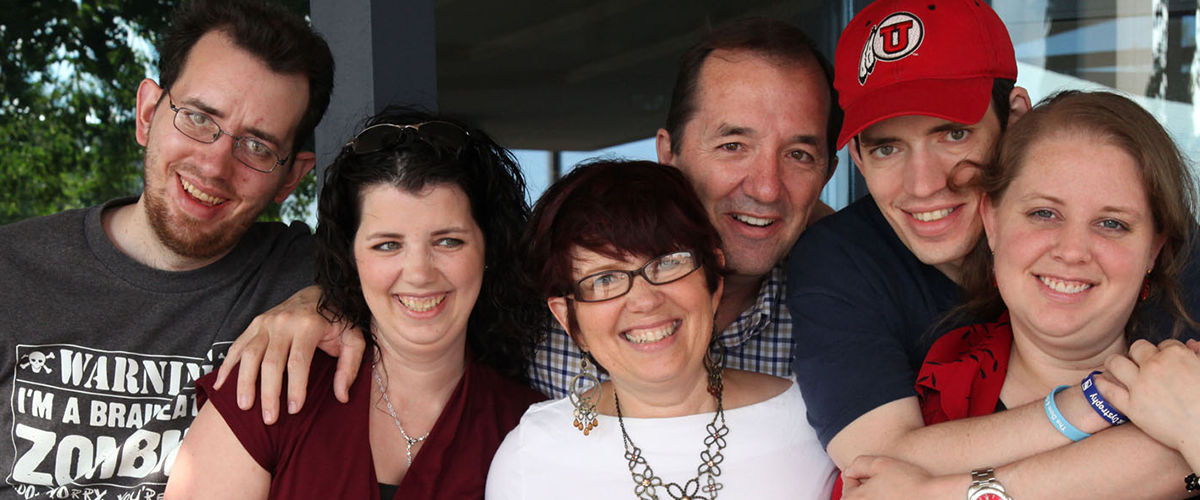Implanted Cardioconverter Defibrillator (ICD). A cardiac device implanted in the chest; a combination pace-maker and defibrillator designed to regulate the heart beat, to keep it from beating too fast or too slow.
Impulse inhibition. The inability to control one’s impulses.
Incidence. New disease diagnoses in a time period.
In vitro fertilization. Eggs are obtained from the female after drugs have been used to stimulate ovarian production. While under sedation and with the use of ultrasound guidance, a needle is inserted into the ovaries and eggs are aspirated. These eggs are then fertilized in the laboratory (in-vitro) with the partner's sperm and the developing embryos are cultured from three to six days.
Incentive spirometry. A breathing device to help exercise breathing muscles and help maximize lung capacity.
Induction drugs. Drugs used to "knock a patient out" prior to surgery and certain other procedures.
Individualized Education Program (IEP). A written plan for each student in special education describing the student’s present levels of performance, annual goals including short-term objectives, specific special education and related services, dates for beginning and duration of services, and how the IEP will be evaluated.
Insulin resistance. Diminished effectiveness of insulin in lowering blood sugar levels.
Intercostal muscles. Muscles between the ribs.
Intubation. The insertion of a tube into the lungs to provide pulmonary ventilation, or to assist with breathing.

